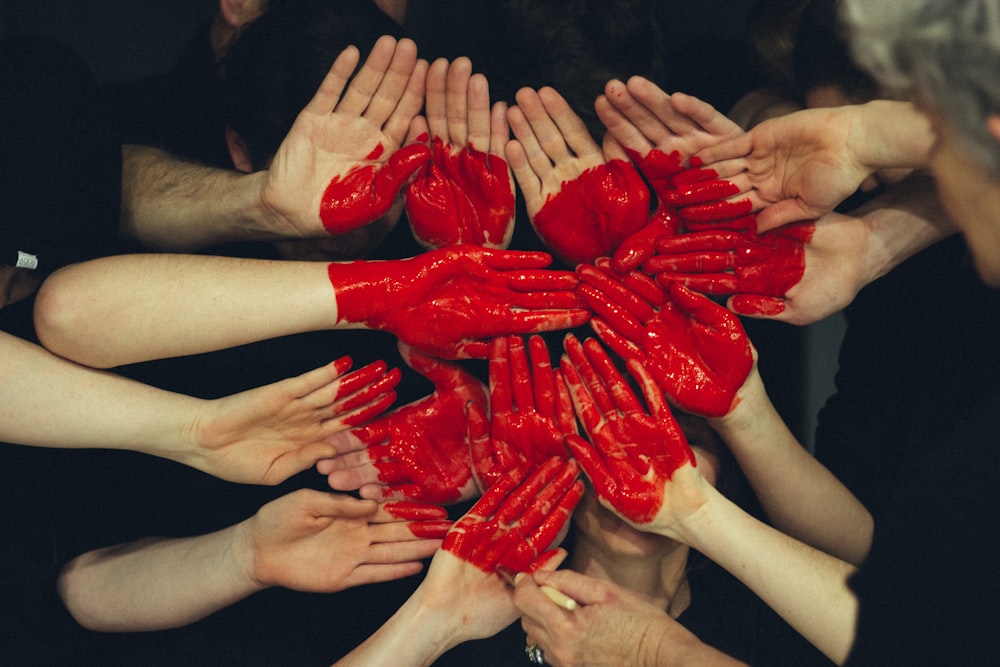Learning that a close friend or family member is experiencing violence at the hand of an intimate partner can be troubling and unsettling.

If you would like to support your friend and help end the violent relationship, we recommend learning about the resources available to you friend and helping him or her make the best decisions.
Table of Contents
Overview of Domestic Violence

Domestic Violence is a systematic pattern of intimidation, physical assault, battery, sexual assault, or any other abusive behavior committed by one intimate partner against another.1 It can be any form of physical, sexual, verbal, or emotional abuse that is used to maintain power and control over one partner.2 Domestic abuse is a serious crime punishable by law. What starts out as a normally functioning relationship can quickly turn into an abusive relationship and intensify over time. The abuser may start by using verbal abuse such as name calling, degradation, or yelling. The abuse can soon transition into physical, sexual, or emotional abuse such as, but not limited to, hitting, forcing sexual interactions, isolating the victim from their friends/family, and/or controlling every aspect of their life. It is important to remember that a lack of physical violence does not make the abuser less dangerous to the victim. Approximately one in four women experience domestic abuse at some point in their lives.2 However, there is no typical profile of an abuser or victim. Domestic violence can happen to anyone, including males. Abusers and their victims can be any gender, age, ethnicity, and background.
How Can You Help Your Friend Experiencing Domestic Violence?
Domestic violence can have serious negative consequences for the victim. Victims are often consumed by fear which may prevent them from seeking help on their own. Although it can be difficult, it is important to help your friend get the assistance they need. It is possible that intervening can produce negative consequences for the victim in some situations, but there are other steps you can take to help your friend. Below are a few guidelines to follow when helping your friend who is experiencing domestic violence:2
- Be their confidante. Let the victim know you are there for them and completely support them. Help the victim open up and discuss their situation.
- Do not directly criticize their abuser, as they may have strong feelings for them that might cause the victim to be defensive.
- Do not pass judgment; listen to the victim and let them know you believe them.
- Use direct language, but do not criticize. For example, say “I am worried about you because…”
- Reassure the victim and help them build self-confidence. Let them know that it is not their fault and that they are not alone. This is important in helping them to gain the courage necessary to take actions on their own.
- Encourage them to document all altercations, injuries, or damage done by the abuser in case the victim decides to take action and needs an accurate record to rely on.
- If the victim has children, let them know that child abuse is never okay and that they should seek professional help for advice on how to leave the abuser. If the victim leaves on their own and takes the children, they may later lose custody. It is best to work with law enforcement and domestic violence advocates, in order to avoid that situation.
- Encourage the victim to seek professional help from agencies for advice on how to deal with their situation.
- If you witness an assault, alert the police immediately.
It is important to realize that some victims may be in denial or incapable of realizing the danger of the abusive relationship. Victims experience a wide range of emotions that may prevent them from seeking help or from listening to others who encourage them to seek professional help. Some individuals may self-blame and/or believe that if they change their behavior, the abuse will stop. Others experience hopelessness and give up trying to escape because he/she may be dependent upon their partner for financial and emotional reasons. There could also be non-emotional reasons for victims being reluctant to seek advice, such as a custody battle, religious views, a lack of resources, no support from friends/family, and much more. Letting your friend know that you are there to believe and support them through any actions they decide to take is imperative for their well-being and safety.
Why Seek Professional Help?

Certain agencies have certified professionals who are trained to deal with these types of situations. These professionals are trained in matters such as domestic violence and conflict resolution. These agencies can provide the victim with further resources necessary to get out of their abusive relationship. They can also help the victim join a support group with other people who have experienced similar situations. Gaining the support of individuals with similar experiences can help the victim gain the courage to take the necessary steps to end the abusive relationship.
Available Resources
There are many national and local hotlines, shelters, support groups, and organizations dedicated to helping victims of domestic violence. We encourage you never to hesitate in contacting any one of them to learn more about the specific services they provide. Ask them questions and ask for details. The more you know, the better you will be equipped to help a friend experiencing domestic violence. Below are several resources that specialize in helping victims of domestic violence:1
Domestic Violence Hotline: 0808-2000-247
National Domestic Violence Hotline: 1-800-799-7233
National Dating Abuse Hotline: 1-866-331-9474
http://www.thehotline.org/resources/victims-and-survivors/
(International) http://www.hotpeachpages.net/
References
- “Friends and Family.” National Coalition Against Domestic Violence. N.p., n.d. Web. 18 May 2016.
- “Support a Friend or Family Member Experiencing Domestic Violence.” – National Domestic Violence Helpline. N.p., n.d. Web. 18 May 2016.
Last Updated: May 24, 2016.
